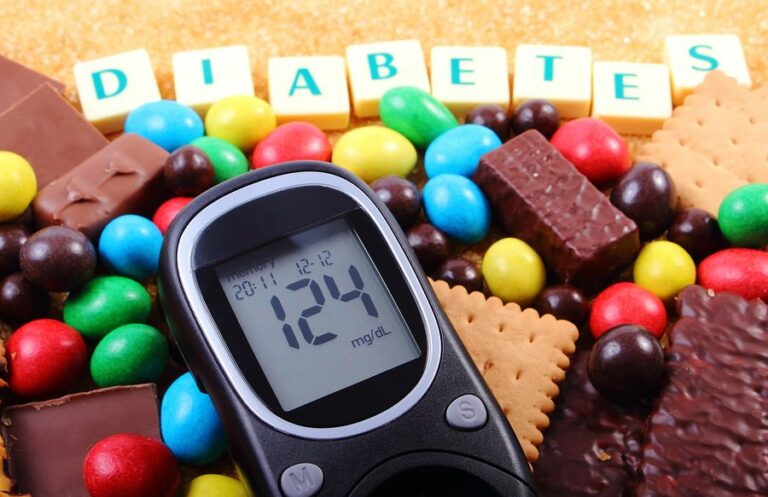You’ve probably heard of an A1C test and have a vague understanding of it as something having to do with diabetes. Maybe you’ve even had an A1C test as part of a routine physical but didn’t pay much attention as the results were normal. But, as a family caregiver to an older adult with diabetes, it’s now important that you really understand what A1C is and why the results of the test are so important to your loved one’s health.
What Is It?

The A1C test is used in two ways: to diagnose diabetes and to see how well diabetes is being managed. You may hear the doctor use different terms for the A1C test, including:
• Glycated hemoglobin.
• Glycosylated hemoglobin.
• Hemoglobin A1C.
• HbA1c.
The A1C test is a blood test that looks specifically at hemoglobin. Hemoglobin is a kind of protein in the blood that transports oxygen. The A1C test looks at the percentage of these blood cells that are coated in sugar, or glycated. The results of the test are an average of the older adult’s blood sugar levels in the past two or three months.
What Is the Importance of A1C?
Seniors with diabetes should have an A1C test at least twice per year. They may need the test more often, though, depending on the severity of their diabetes and how well-controlled blood sugar levels are. A high A1C level indicates their blood sugar has not been kept under control. This could lead to serious diabetes complications. Doctors can use the test results to revise treatment plans for better control.
The test does not require fasting, so the senior can eat and drink as they normally do before the test. The results of the test are expressed as a percentage. For people without diabetes, a normal A1C is below 5.7 percent. People who have diabetes usually have a target range of 7 percent or less. However, the target result of the A1C can vary according to the individual’s general health and their history with diabetes. For example, people who have had a history of hypoglycemia, or low blood sugar, may be advised to keep their A1C a little higher than others.
If your aging relative is having difficult managing diabetes, a senior care provider can help. Many older adults forget to take their medications or test blood sugar levels. A senior care provider can remind them to do both. Senior care providers can also prepare healthy meals that fit into the meal plan the older adult’s health care team has suggested.
If you or an aging loved one are considering hiring Senior Care in Columbia, SC, contact Heart of the Carolinas Home Care at 864-991-3116. Providing Home Care Services in Greenville, Simpsonville, Greer, Anderson, Spartanburg, Mauldin, Seneca, Laurens, Charleston, Columbia and the surrounding areas.
Sources
http://www.diabetes.org/living-with-diabetes/treatment-and-care/blood-glucose-control/a1c/?loc=lwd-slabnav
https://www.niddk.nih.gov/health-information/diabetes/overview/tests-diagnosis/a1c-test
https://www.mayoclinic.org/tests-procedures/a1c-test/about/pac-20384643
- Home Care Assistance Helps Seniors After A Fall - April 9, 2025
- How Home Care Supports Seniors Who Are Hard of Hearing - March 28, 2025
- Why Seniors Should Consider Companion Care At Home - March 10, 2025

